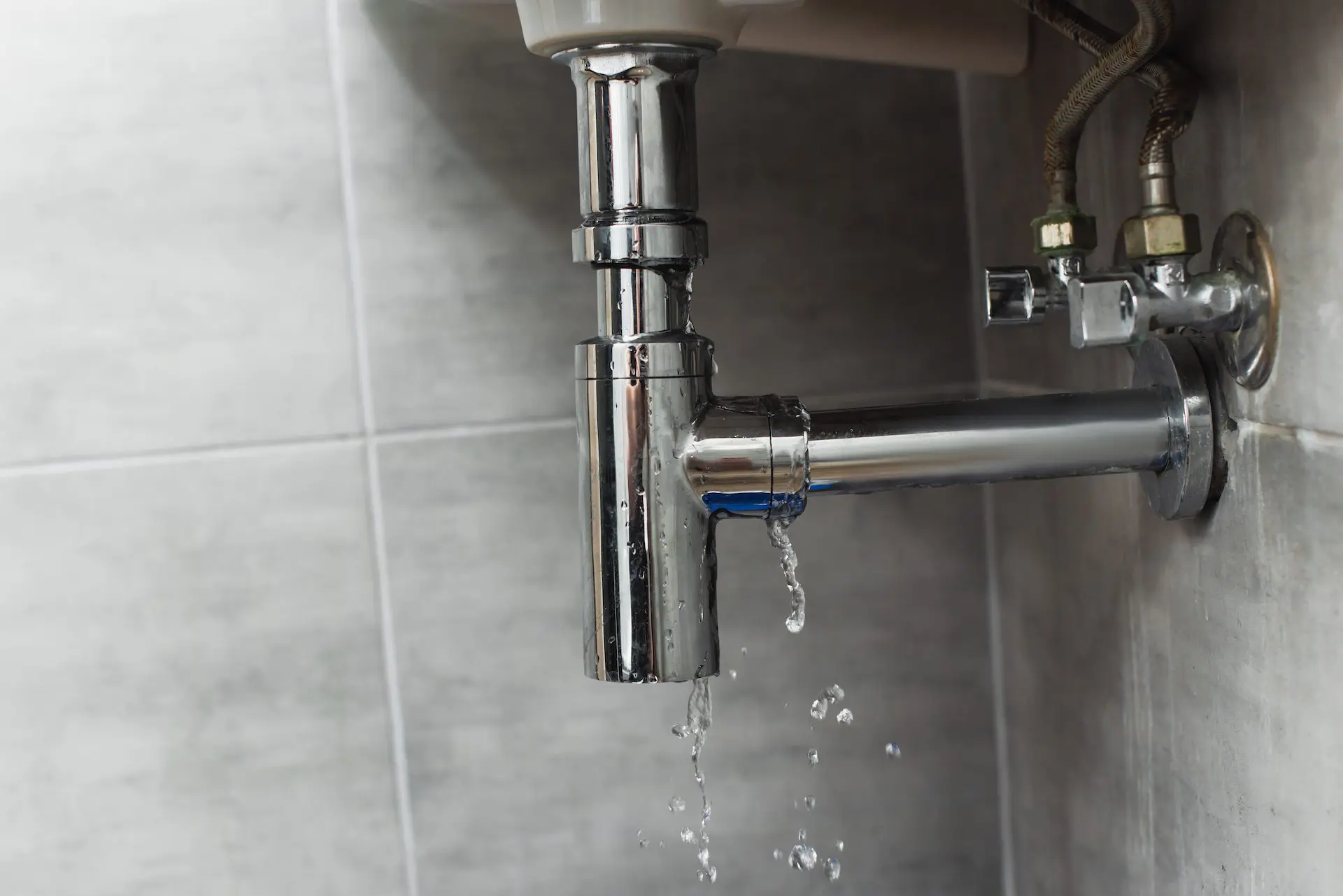At Green Group, we know firsthand that residential plumbing systems, while relatively simple in theory, can present homeowners with some perplexing challenges. Many of these issues arise from common plumbing fixtures, which can become trouble spots over time. Identifying and addressing these problems early can prevent them from escalating into costly repairs. That’s why it’s essential to know the top troublesome plumbing fixtures and how to manage them effectively.
What Are Plumbing Fixtures?
When we refer to plumbing fixtures, we’re talking about the essential components of your home’s plumbing system—things like sinks, faucets, drains, toilets, showers, and bathtubs. Since these fixtures constantly interact with water, even a small leak or clog can lead to significant issues, such as water damage inside your walls, mold growth, or increased utility bills.
While proper installation and routine maintenance are vital, some fixtures are more prone to problems than others. Let’s explore the most troublesome plumbing fixtures and what you can do to keep your plumbing system in top shape.
1. Slow or Clogged Drains
Clogged drains are one of the most common plumbing problems, and they can occur in any part of the home. In the kitchen, grease, food particles, and organic matter often sneak down the drain, building up over time and causing blockages. In the bathroom, hair, soap scum, and mineral deposits are the main culprits. Regardless of the location, all it takes is one small obstruction to trigger a slow drain, and if left untreated, that minor issue can quickly evolve into a full-blown clog.
A clogged drain not only impacts water flow but also presents a risk of backups and overflows, which can damage your flooring or personal belongings. If you notice gurgling sounds or unpleasant odors, it’s crucial to call a plumber immediately to avoid potential flooding.
Pro Tip: For preventative maintenance, consider using drain guards to catch debris before it enters the drain. And if you suspect a problem, having a plumbing inspection can catch clogs early before they escalate.
2. Leaky Pipes and Dripping Faucets
Leaky pipes and dripping faucets are more than just annoyances—they can lead to serious water damage if not promptly addressed. Even a small, slow leak can go unnoticed for months, allowing water to seep into your home’s walls or floors, causing structural damage and creating ideal conditions for mold growth.
Leaks in the pipes can be tricky to locate, especially if they’re hidden behind walls. On the other hand, a dripping faucet is more apparent but equally wasteful. Did you know that about 10% of U.S. homes have leaks that waste over 90 gallons of water per day? That’s a staggering amount of wasted water—and money!
If you’re unsure whether you have hidden leaks, keep an eye on your water bill. Unexplained increases can be a sign of a hidden leak somewhere in your system. The EPA offers a helpful resource for identifying and fixing leaks in your home.
3. Low Water Pressure
Low water pressure is not only inconvenient but can also be a sign of bigger problems within your plumbing system. Sometimes, the issue stems from a larger municipal problem or a partially closed main shutoff valve, but it could also be due to something more concerning, such as a clog, corroded pipes, or even a hidden leak.
Low water pressure can affect your daily activities, making it more challenging to shower, wash dishes, or even run appliances like the washing machine. If the pressure seems to be dropping over time, it’s important to investigate the cause as soon as possible. The longer low water pressure persists, the higher the likelihood of a larger, more expensive issue lurking in the background.
To address low water pressure, it’s a good idea to hire a professional plumber who can use specialized equipment, such as a pressure gauge or pipe camera, to pinpoint the source of the problem.
4. Running Toilets
While overflowing toilets might seem like the most dramatic plumbing issue, running toilets are much more common—and they’re a huge waste of water. In fact, a running toilet can waste more than 1 gallon of water per hour, which can quickly add up to a higher-than-normal water bill.
Running toilets are often caused by a problem with the toilet’s flapper, which may be worn out or improperly sealed. Other possible culprits include issues with the float valve, chain, or handle. In some cases, you may need to replace the toilet’s flush system altogether. While fixing a running toilet is often a simple DIY task, it’s essential to ensure the repair is done correctly to avoid continued water waste.
If you’re unsure how to address the problem or if the running toilet persists after attempts to fix it, calling in a professional plumber is your best bet.
Why Call a Professional Plumber?
Plumbing problems—whether it’s a slow drain, a leaky pipe, or a running toilet—are not always easy to fix on your own. In fact, improperly handled repairs can sometimes make the issue worse. When you hire a professional plumber, you’re benefiting from years of experience, specialized equipment, and expertise that ensures the job is done right the first time.
At Green Group, we offer comprehensive plumbing services, from diagnosing troublesome plumbing fixtures to providing lasting repairs. We can also inspect your entire plumbing system to identify potential weak spots that could become full-blown problems down the line.
Trust Green Group for Your Plumbing Needs
Understanding the most troublesome plumbing fixtures in your home is the first step in preventing costly repairs and water damage. From slow drains and leaky pipes to low water pressure and running toilets, Green Group is here to help.
If you’re dealing with any of these common plumbing issues, don’t hesitate to contact us today. We proudly serve Nashville, Franklin, Murfreesboro, and the surrounding areas, providing top-notch plumbing services to keep your home running smoothly. Visit our website for more information and to schedule your next service.

